군인 영어로
군인들은 우리나라를 지키는 안보의 중추적인 역할을 맡고 있습니다. 군인들은 국경을 지키기 위해서 실제 전투 또는 인도주의 활동을 수행하고 있으며, 이러한 활동은 전 세계에서 이루어지고 있습니다. 여기에는 국제적인 군사 훈련, 협력 및 인도주의 작전 등이 포함됩니다. 그렇기 때문에 전 세계의 국가들에서는 병역과 관련된 영어 교육에 대한 필요성을 인식하고 있습니다. 우리나라도 마찬가지로 국내외 군사 교류가 더욱 활성화됨에 따라 군인들의 영어 능력을 향상시키는 것이 중요해졌습니다.
군인 영어의 필요성
군인들의 세계화된 역할
군인들은 우리나라 뿐만 아니라 전 세계를 지키기 위한 중요한 역할을 수행하고 있습니다. 따라서 군인들은 전 세계 어디에서든 호위 및 보호 활동을 수행해야 합니다. 이러한 활동에서는 다양한 국가와 문화와의 대화가 필요하며, 이를 위해서는 영어 능력이 필요합니다.
국내외 군사 교류 증가에 따른 필요성
우리나라는 현재 군사적으로 협력하는 국가들이 전 세계에 분포되어 있습니다. 그렇기 때문에 우리 군인들은 국제적인 곳에서도 적극적인 역할을 수행해야 합니다. 이러한 활동에 참여하려면 이해 관계자들과의 소통이 중요하며, 이를 위해서는 영어 능력이 필요합니다.
영어의 다양한 용도와 중요성
영어는 비즈니스, 교육, 문화 등 다양한 분야에서 국제적으로 사용되는 언어입니다. 특히 군사 분야에서는 국제적인 군사 연합 및 협력에 필수적인 언어입니다. 또한 국제적인 곳에서 활동하는 군인들은 영어 능력이 없으면 학습과 문제 해결에 어려움을 겪을 수 있습니다.
군인 영어 교육
군인 영어 교육의 과정과 방법
군인 영어 교육에는 정규 교육, 기업 교육, 상업적 교육 등 여러 가지 방법이 있습니다. 특히 군인들은 언제든지 필요로 하는 영어 능력을 수준별로 파악하고 이에 맞는 교육 내용을 제공해야 합니다. 이 방법을 통해 군인들의 영어 능력을 효과적으로 향상시키며, 군사적인 목적에 맞는 용어와 문화 교육도 포함하도록 해야 합니다.
군인 영어 교육의 중요성과 효과성
군인 영어 교육은 건강한 군대 운영과 국제적인 협력확대에 상당한 이익을 제공합니다. 이 교육은 군인들의 영어 실력만 높이는 것이 아니라 건전한 상호 공유와 의사소통을 위해 필요한 전문용어, 문화교육 등도 포함됩니다. 따라서 군인 영어 교육은 군인들이 안정적으로 임무를 수행하고 전례없이 발생하는 해외임무에 대응할 수 있도록 하여 국가 안보에 매우 중요한 역할을 할 것입니다.
국내외 군사 교류 이점과 영향
국내외 군사 교류에는 수익 창출, 해외 국방자원확보, 정보 및 기술 얻기 등 다양한 이점들이 있습니다. 우리나라의 경우 해외 교류를 통해 국방 산업의 미래를 대비하기 위한 만능 정보에 노출하고 있습니다. 이는 국의 방위력 강화는 물론 전 세계에서 바람직한 국가로 인식하게 되어 우리 군의 국제적인 활동에 기여할 것입니다.
군사 용어와 구어체 영어의 차이점
군사 용어의 특징과 사용 방법
군사 용어는 병영에서 사용하는 전문 용어로, 본래의 의미와는 다르게 사용되기도 합니다. 따라서 이러한 특별성 때문에 군사적인 필요에 따라 영어 단어와 문맥, 표현 등이 일반적인 영어와 차이가 있습니다. 추후 군인들이 해외임무를 수행하는 경우 자신들의 지식과 능력을 발휘하기 위해 군사 용어를 충분히 이해하고 있어야 합니다.
구어체 영어의 특징과 사용 방법
구어체 영어는 일반적인 영어와 차이가 있습니다. 대화와 같은 일상적인 약조한 상황에서 자주 사용되며, 관용어나 줄임말 등 일반인들이 쉽게 이해하기 어려운 방법으로 사용됩니다. 군인들이 사용하는 구어체 영어는 일반적으로 전문 용어 및 군사용어가 있습니다. 따라서 구어체 영어를 사용할 때는 언제든지 사익적인 파일럿용어, 기초급 용어 등의 내용이 들어있는 모든 전문 용어를 충분히 이해하고 있어야 합니다.
군인들이 참고해야 할 영어 관련 자료
군인들은 다음과 같은 자료를 참고해야 합니다.
1. 군사 분야 전문 용어사전 (Military Dictionary) <밀리터리 영어로> – 이 책은 모든 군사 용어 및 전문 용어에 대한 설명이 되어있으며, 국제적인 군사 협력을 위한 필수 자료입니다.
2. 군사 훈련용 영어 교재 (Military English Course) – 군인들의 전문적인 영어 실력 향상에 필요한 교재입니다.
3. 미군용 영어 교재 (English for US Military Personnel) – 전반적인 전문 용어와 유용한 문구를 담고 있으며, 군인들이 평소에 체화하기 좋은 교재입니다.
군인 영어 능력 평가 및 개선
군인 영어 능력 평가 방법
군인들을 대상으로하는 영어 능력 평가는 균등하고 체계적인 기준을 토대로 이루어져야 합니다. 이 방법은 군사 원래의 목적에 따라 병과, 등급 등의 수준에 따라 적절히 조정됩니다. 이후 이를 토대로 군사 용어와 함께 문화 및 전문 용어를 적절하게 이해할 수 있는 지표를 정할 수 있습니다.
군인 영어 능력 개선 방법
군인들의 영어 능력개선은 군인 영어 교육, 강화적인 인터넷 영어 공부, 영화 및 드라마의 세밀한 이해 등 다양한 방법을 통해 이루어집니다. 예를 들어, 군인 영어 교육에서는 전문 용어 및 문화교육 등 전반적인 영어 능력 향상을 위해 다양한 교재와 강의를 제공하고 있습니다.
군사 훈련 및 임무 수행에 적극 활용
군사 훈련 및 임무 수행에는 영어 능력이 중요한 역할을 합니다. 특히 해외임무에 참여하는 경우 이러한 언어 능력이 더욱 중요합니다. 따라서 군사 훈련 및 임무 수행에 적극적으로 활용하며, 해외임무 등에서 발생하는 각종 문제에 대해 적극적으로 대응할 수 있도록 해야 합니다.
군인 영어와 군세관 교육의 상호보완성
군인 영어와 군세관 교육의 연계 방법과 중요성
군세관 교육과 군반복되는 군사 훈련과 바이트싀자가 있는 긴장관리 등이 있습니다. 군인들이 역할과 책임을 이해하면서 이를 실천하는 방법을 교육하도록 하여 국가방위와 전문성, 에방성과 같은 군세관과 영어 실력을 상호 보완적으로 나아갈 수 있도록 연계 교육을 시행하는 것이 좋습니다.
군인들의 군세관 형성에 미치는 영향
군사 교육과 군세관 교육의 상호보완성을 강조하여 군인들의 군세관 형성에 미치는 영향은 상당히 큽니다. 군사 교육과 군세관 교육의 모든 측면에서의 융합은 국가방위에 대한 성공적인 작전수행과 안정성을 결정하는 중요한 요소입니다.
영어의 전문 용어와 군사 교육에서의 의미
군사 교육에서는 군사적인 단서와 전문 용어들에 대한 이해가 중요합니다. 이를 언제든지 활용할 수 있도록 보유하는 것은 군인들이 학습한 지식을 활용할 수 있는 것이며, 이러한 용어를 정확하게 이해할 수 있는 것이 군사적인 작전 수행능력에 있어 굉장히 중요한 역할을 합니다.
군인 영어에서의 문화 갈등과 대처 방법
군인 영어에서의 문화 갈등 발생 이유
군인 영어에서의 문화 갈등은 다양한 문화적인 요소들로 인해 발생합니다. 다양한 문화적인 요소로 인해 이러한 문화 갈등이 발생하며, 이러한 갈등은 보통 훈련 및 작전활동에서 조기 발견하고 해결하는 것이 좋습니다.
다문화 군(외국인, 국제군 등)과의 협업에서의 문화 갈등 해결 방법
다문화 군(외국인,
사용자가 검색한 키워드: 군인 영어로 밀리터리 영어로, 장교 영어로, 육군 영어로, 병사 영어로, 여군 영어로, Soldier, 공군 영어로, 군대 영어
Categories: Top 28 군인 영어로
군대 제식용어: \”경례!\”는 영어로? (ft. 전직 카투사 아재)
여기에서 자세히 보기: chinhphucnang.com
밀리터리 영어로
밀리터리 영어로 is the universal language of the military. Every military professional, regardless of their nationality, must learn this language to communicate effectively. In modern times, where the military takes part in global peacekeeping operations, proficiency in the language is vital for successful operations and cooperation between the countries.
Some of the key features of 밀리터리 영어로 include the use of acronyms, brevity codes, and specialized terminology. It is essential to note that the language is constantly evolving as new words are added, and some become obsolete.
Understanding 밀리터리 영어로 involves comprehending the key elements of the language. Acronyms are extensively used in the military. They are abbreviations of lengthy phrases frequently used in military operations. They are easy to remember and can be communicated easily.
Brevity codes, on the other hand, are short phrases or words that convey a specific meaning in military communication. They are often used to save time and provide a concise message. Brevity codes are popular in the military aviation sector where slow communication could lead to fatal consequences.
In addition to acronyms and brevity codes, the military has a dedicated vocabulary for different equipment, weapons, and other military-related terms. It is crucial to understand this specialized vocabulary to communicate efficiently in different scenarios.
The difference between 밀리터리 영어로 and general English is that the latter is focused on communication in day-to-day situations while the former is centered around communication within the military context. The language is characterized by the use of military jargon, abbreviations, and specialized terminology relevant to the military.
밀리터리 영어로 is a language that is gaining increasing importance in modern times. The ongoing War on Terror, peacekeeping missions, and humanitarian operations require excellent communication skills, and 밀리터리 영어로 plays an essential role in all these areas. Without proper communication channels, the military would not be able to operate effectively in complex and dangerous situations.
FAQs
Q: Who needs to learn 밀리터리 영어로?
A: Every military professional, regardless of their rank and nationality, must learn 밀리터리 영어로. It is a universal language that is essential for effective communication within the military.
Q: What are some of the unique features of 밀리터리 영어로?
A: 밀리터리 영어로 is characterized by the use of acronyms, brevity codes, and specialized terminology. It is also short and succinct, focusing on rapid communication and precise understanding.
Q: How is 밀리터리 영어로 different from general English?
A: The primary difference between 밀리터리 영어로 and general English is the focus of communication. While general English is used in everyday situations, 밀리터리 영어로 is centered around military operations and communication.
Q: Why is 밀리터리 영어로 important?
A: 밀리터리 영어로 is essential for effective communication within the military. It is necessary for coordination and cooperation during peacekeeping missions, humanitarian operations, and other critical military scenarios.
Q: How can one learn 밀리터리 영어로?
A: The military provides training for their personnel to learn 밀리터리 영어로. It involves classroom training, practical application, and exercises to master the language. There are also various resources available online to help individuals learn the language.
Q: What are some of the benefits of learning 밀리터리 영어로?
A: Learning 밀리터리 영어로 helps military professionals to communicate effectively in critical situations. It enhances cooperation and coordination between different military contingents and ensures successful operations.
Conclusion
밀리터리 영어로 is an essential language for effective communication within the military. It is characterized by the use of acronyms, brevity codes, and specialized terminology and requires proper training to master. Every military professional must learn this language to communicate effectively and ensure successful operations. 밀리터리 영어로 plays a vital role in global peacekeeping missions, humanitarian operations, and other critical military scenarios. It is a language that is continuously evolving, and it is crucial for military professionals to keep up with the changes to communicate efficiently with their counterparts.
장교 영어로
The Military English program comprises of a range of English language classes and courses designed for military personnel of all ranks, with the curriculum focusing on developing the language skills required in different contexts, such as field missions, international conferences, and joint military exercises.
The Importance of Military English
The importance of Military English can hardly be overstated. With the globalized nature of the modern world and the increasing need for humanitarian interventions, military personnel are required to operate in an environment where effective communication is critical to mission success. In many cases, military personnel operate in multi-national task forces where communication is primarily conducted in English. The lack of ability to adequately communicate in English could lead to misunderstandings which might impair the mission’s effectiveness and put lives at risk.
Moreover, as South Korea continues to increase its involvement in international humanitarian missions, peacekeeping operations, and joint military exercises, the need for capable communicators who can speak English proficiently becomes vital. Speaking English fluently would give South Korean military personnel the advantage of being able to operate effectively with allied forces from other countries, exchange and share military expertise and experience, and better understand cultural differences and similarities.
The Curriculum
Military English incorporates various courses and classes in its curriculum, each teaching different but essential language skills. The courses and classes are arranged in accordance with the rank and existing language proficiency of the military personnel, with separate classes and courses for officers and enlisted personnel.
The Basic Military English Course is the entry-level course conducted at the Defense Language Institute in Osan Air Base for all newly commissioned officers who are non-native English speakers. The duration of the course is eight weeks, and it is designed to equip the officers with essential language skills required in military operations, including military vocabulary, phonetics, and grammar.
For intermediate and advanced-level officers, the Air Force Officer English Course, Army Officer English Course, and the Navy Officer English Course are provided. These courses are tailored to the specific needs of military personnel from different branches and equip them with the necessary communication and cultural skills to operate in their respective environments.
In addition to these courses, several other language classes are also conducted for enlisted personnel, who are often required to operate alongside military personnel from other countries and diverse cultures. These language classes aim to develop basic communication and cultural skills required for working in multi-national task forces.
Military English classes are conducted both on-campus and online, with some courses requiring a combination of both. Each class is conducted by experienced language trainers with backgrounds in military operations.
The Challenges of Teaching Military English
Teaching Military English can be challenging due to the nature of the work. Unlike traditional English language learners, military personnel are often required to learn English in a short period, typically before being deployed to an international mission. The language training has to be comprehensive and tailored to meet the specific needs of the military personnel in a short time frame, while also being effective in addressing their language barriers.
Language barriers might also be varied depending on rank, branch, and experience level, so instructors must consider these factors when designing their language training.
Cultural barriers also pose a challenge in teaching Military English. Different cultures have unique communication styles, with certain cultures expressing themselves more directly or indirectly than others. It is critical for trainers to incorporate cultural diversity into the language curriculum to address the varying levels of directness required to communicate effectively with diverse international allies.
Instructors must also be knowledgeable about the different types of military operations, missions, and tasks as they dictate the language required to communicate effectively. For instance, flying an aircraft would require a different vocabulary set than leading a platoon of soldiers. Therefore, language trainers must contextualize the language used to the task at hand.
Frequently Asked Questions
1. Is knowing English essential to being in the South Korean military?
English proficiency is required to varying degrees depending on the rank and role in the military. For enlisted personnel, basic communication skills are adequate, whereas officers in international mission-planning positions require more advanced language skills.
2. Does the Military English curriculum include cultural sensitivity training?
Yes. The curriculum incorporates cultural sensitivity training to ensure military personnel can effectively communicate with allies from diverse backgrounds, and avoid unnecessary misunderstandings.
3. Can Military English training be conducted online?
Yes. The Military English training is available online, allowing for remote learning and giving military personnel the flexibility required to balance their training with their military duties.
4. Is Military English offered to civilian contractors?
No. The Military English training is solely designed for military personnel to equip them with the necessary language skills to operate effectively in an international mission and work with allied forces from other countries.
Conclusion
The Military English program is a vital component of South Korea’s military strategy. With its growing participation in international missions and the increasing need for effective communication with allies from diverse cultures, Military English has become an essential program for the country’s military personnel. While the program has its challenges, South Korea’s commitment to ensuring its military personnel are proficient in English gives them a valuable advantage in multi-national task forces.
주제와 관련된 이미지 군인 영어로
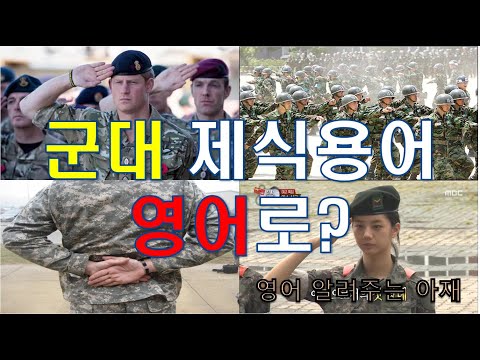
군인 영어로 주제와 관련된 이미지 45개를 찾았습니다.














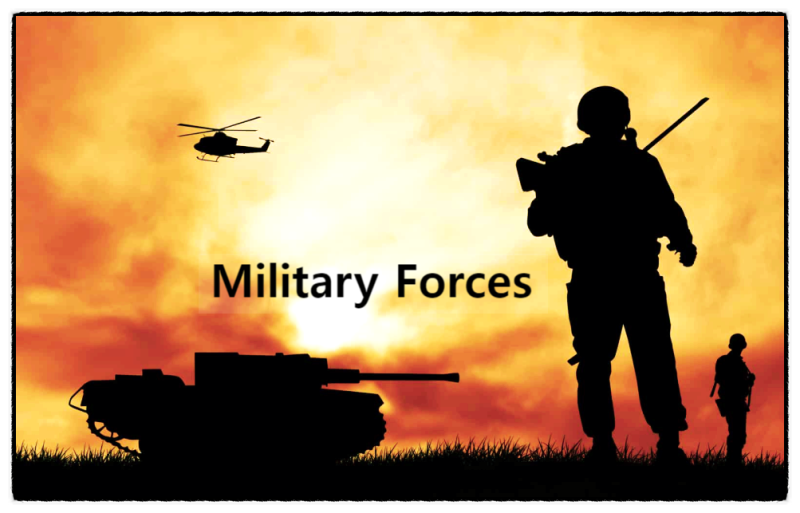

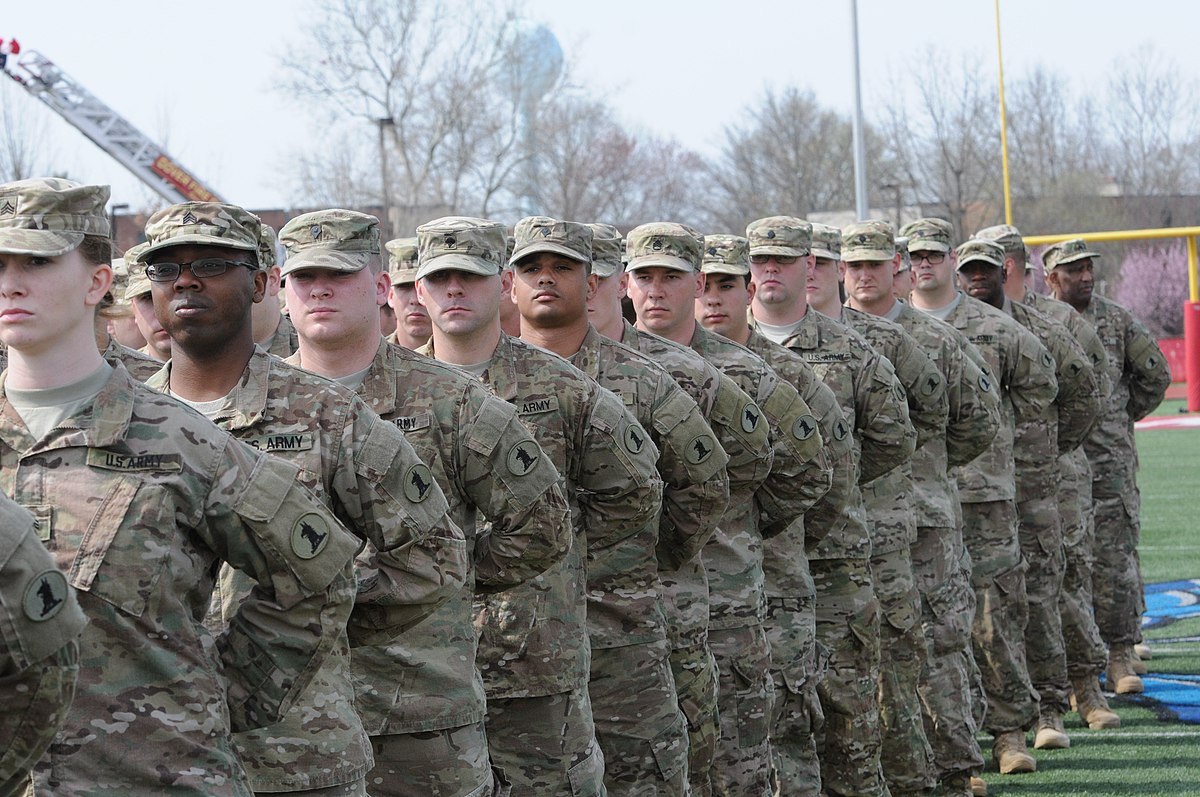






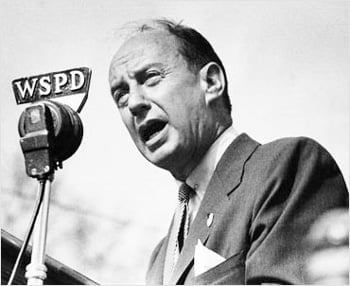




![07/23) [(사)등대복지회] 2021년 하반기 KOICA ODA YP(영프로페셔널) 모집 : 시민사회단체연대회의 | 구인구직 소식들 07/23) [(사)등대복지회] 2021년 하반기 Koica Oda Yp(영프로페셔널) 모집 : 시민사회단체연대회의 | 구인구직 소식들](https://cdn.imweb.me/upload/S20191204703e869365f54/76a131e5916a2.jpg)


![번역기도 모르는 진짜 영어] private citizen | 중앙일보 번역기도 모르는 진짜 영어] Private Citizen | 중앙일보](https://pds.joongang.co.kr/news/component/joongang_sunday/201902/09/a928d540-d7b8-4070-9fa0-40004841ab50.jpg)





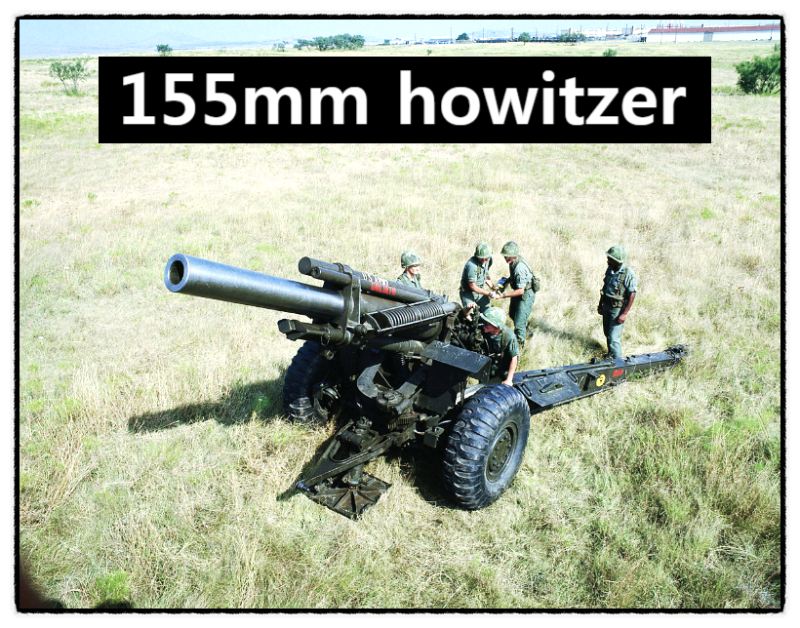

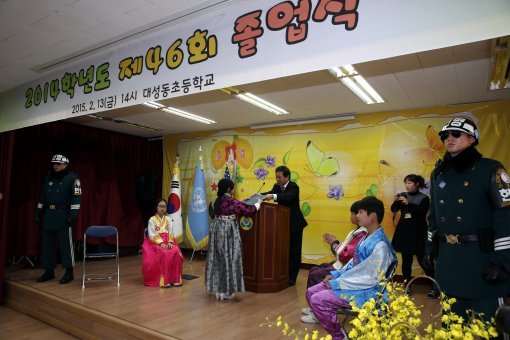

![신문과 놀자!/영어로 익히는 고전]Across Five Aprils④ 전중편지|동아일보 신문과 놀자!/영어로 익히는 고전]Across Five Aprils④ 전중편지|동아일보](https://dimg.donga.com/a/450/0/95/5/wps/NEWS/IMAGE/2016/03/23/77152862.1.jpg)

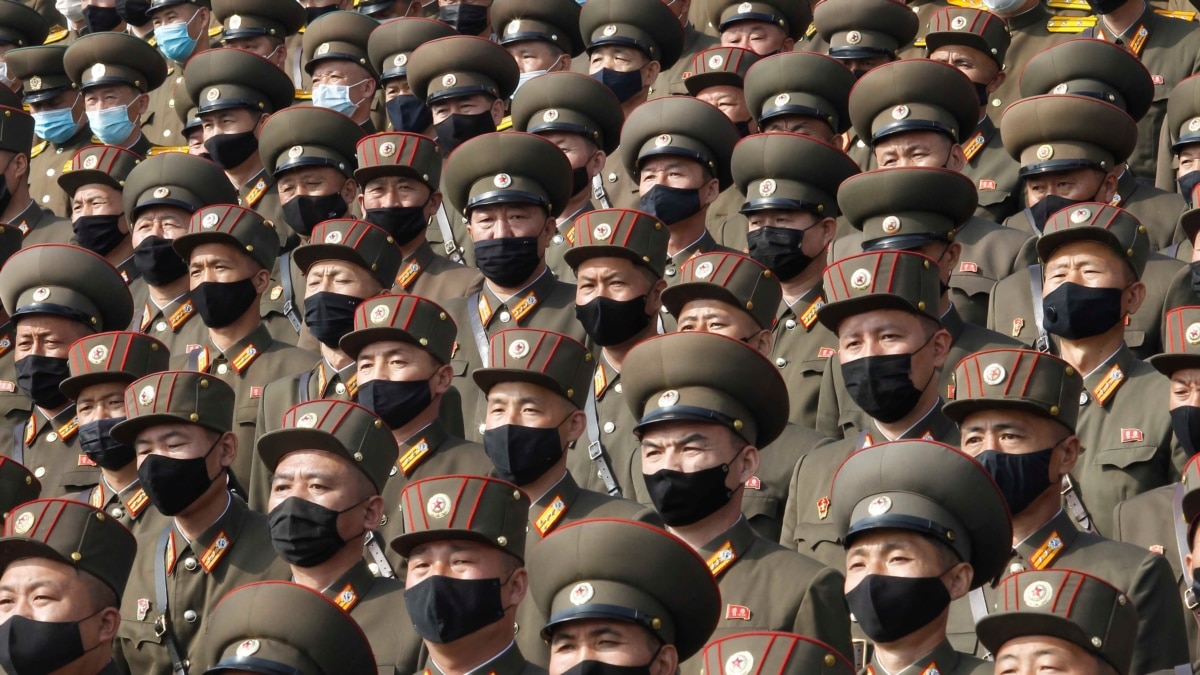
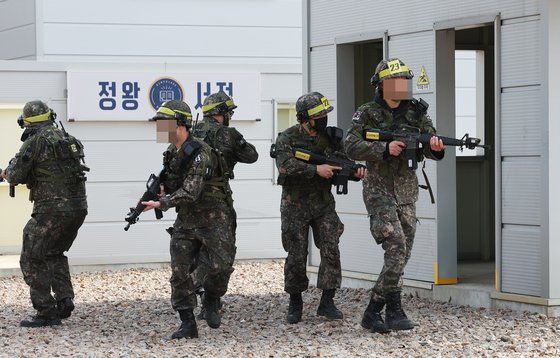
Article link: 군인 영어로.
주제에 대해 자세히 알아보기 군인 영어로.